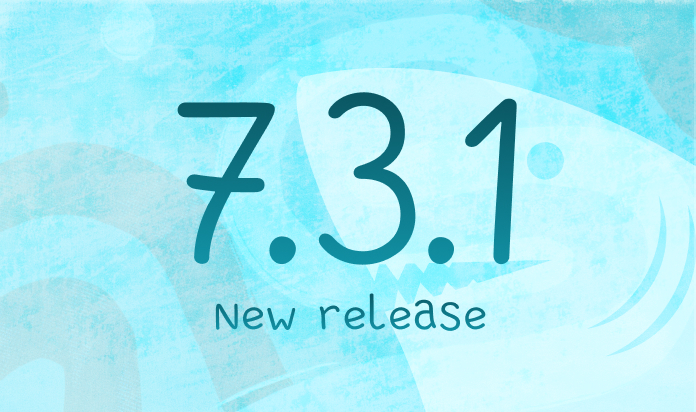Breaking into Data Science


Data science is a field that continues to gain momentum and importance. Businesses across various industries increasingly rely on data to make informed decisions, fueling the demand for skilled data scientists. Advancements in technology and a growing job market further contribute to the popularity of this exciting field.
How can you embark on your data science journey and achieve success?
To embark on a successful data science journey, define your goals. Identify the specific area of data science you want to specialize in, whether it's machine learning, data engineering, or data analysis. This will help you tailor your learning path and focus your efforts.
Next, master the fundamentals. A strong foundation in statistics, mathematics, machine learning, and artificial intelligence is crucial. These concepts form the backbone of data science. Additionally, learn essential tools like Python or R for programming, Excel and SQL for data manipulation, and data visualization tools like Power BI or Tableau to communicate insights effectively.
While a solid foundation is necessary, low-code tools can bridge the gap between theory and practice. Megaladata, for instance, offers pre-built modules for common data manipulation tasks. This allows you to focus on understanding the concepts behind the actions, rather than writing extensive code.
To solidify your understanding and showcase your skills, build projects. Start with a dataset you're familiar with to make the learning process less daunting. You can find plenty of useful datasets at Kaggle. If possible, gain experience deploying machine learning models into production environments, a valuable asset in the real world. Effective learning strategies involve taking small steps, leveraging online resources, staying focused and motivated. Remember, continuous learning is essential in this evolving field.
You should also balance theory and practice, develop soft skills, and join communities for support and collaboration. By following these guidelines, you'll be well-equipped to build a successful career in data science.
Conclusion
To pursue a successful career in data science, mastering technical skills is essential, but it is equally important to develop other qualities. You must also demonstrate your ability to take ownership, work collaboratively, communicate effectively, and provide tangible evidence of your knowledge. Networking with professionals in the field can be helpful. While it can be tempting to watch numerous videos on data science modeling, prioritizing hands-on problem-solving is crucial. Consuming too much content can give a false sense of progress and lead to procrastination. True growth and development require hard work and dedication.
The free Megaladata Community Edition can be downloaded here.
See also



